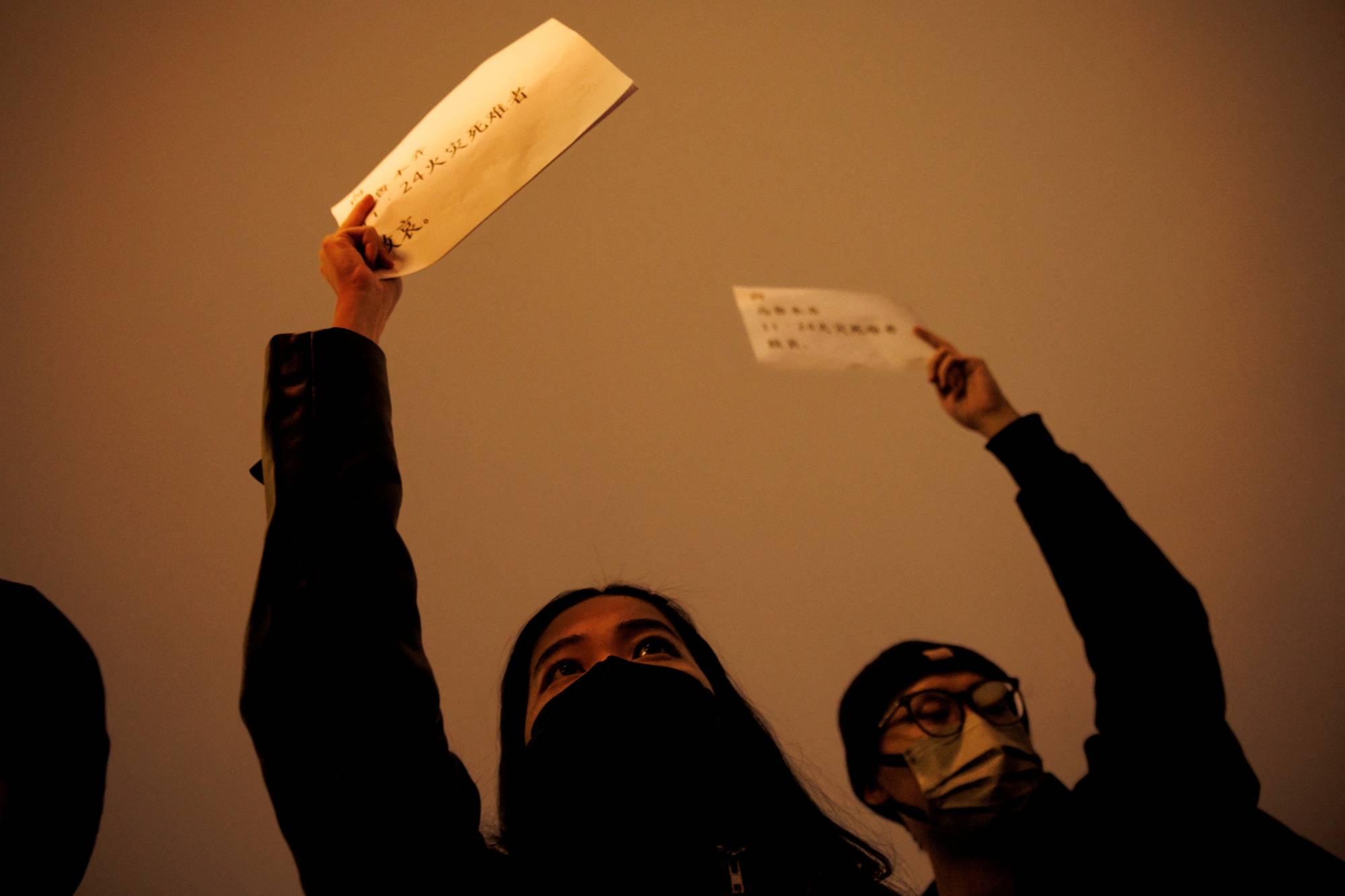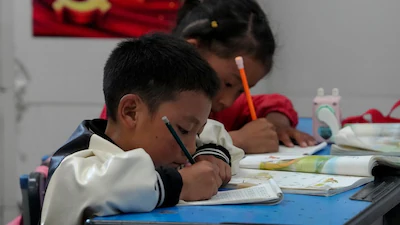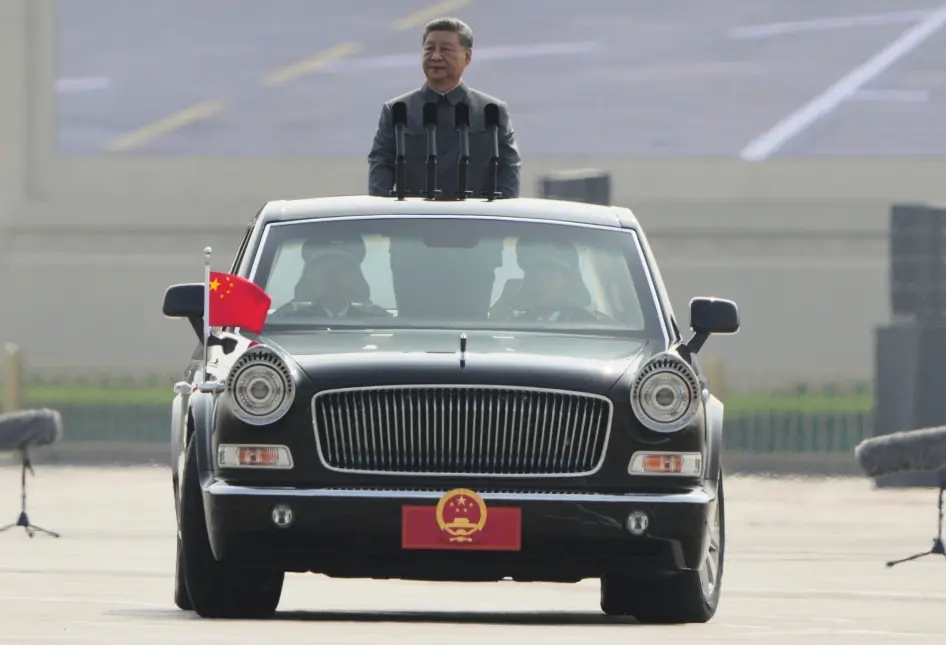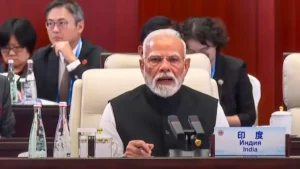AFTER PEOPLE’S ANTI-COVID ANGER, LAYOFFS CHALLENGE XI JINPING
As China is in the grip of severe unemployment part from Covid with one in every five able Chine out of a job, top companies operating in the country have begun laying off employees, kicking off an economic down-spiral.
Xiaomi, one of the world’s largest smartphone makers, has begun layoffs in China soon after tech giants across the world, including Meta and Twitter, have laid off thousands of workers.
The Beijing-based firm recently conducted a “routine personnel optimization and organizational streamlining,” a Xiaomi spokesperson told CNN. The measure affects less than 10% of its total workforce, the person added.
Chinese state media outlets have reported that Xiaomi would cut thousands of jobs across multiple departments, including its smartphone and internet business units. In the first nine months of 2022, Xiaomi reduced its workforce by nearly 1,900, according to its financial documents the western media is able to quote. By the end of September, it had around 35,000 full-time employees, most of whom were based in China.
Why is a profitable company like Xiaomi scaling down its staff strength? That is because its revenue slid by over 10 per cent in this year’s third quarter because it was badly hurt by China’s strict Zero-Covid policy.
According to media reports, the urban unemployment rate, the broadest official measure of jobs, rose to 5.7% in November, the highest in six months to quote latest Chinese government figures. Job prospects for young people are especially gloomy. The jobless rate for those aged 16 to 24 reached 17.1% in November, hovering near July’s record level of 19.9%.
CNN warned the situation could become dire in the new year: “The situation could become worse next year, as 11.6 million college graduates are expected to enter the job market — a fresh record, according to the education ministry last month. China’s official measures of unemployment do not break down data by industry, but company results and private surveys suggest that jobs are being lost across the economy, and perhaps nowhere is the crisis more visible than in the tech sector.”
The unemployment situation has become endemic not only because of the Covid restrictions but also the Chinese Communist Party’s policy of coming down heavily against private industry in the last 18 months. It began with a crackdown on the internet giants, like Alibaba and Tencent posting zero growth for the first time in decades. As a result, Alibaba cut down its staff strength by over 15,000 in the last nine months. Tencent struck off nearly 4,000 staff from its rolls, it is believed.
President Xi Jinping, smarting under a wave of people’s protests against Covid restrictions because of which he had to cancel his Zero-Covid policy, faces the other challenge of growing joblessness as he tries to consolidate his power and position in the country after getting power for the third time this October.
The youth unemployment rate has repeatedly hit new highs this year, rising from 15.3% in March to a record 18.2% in April. It continued to climb for the next few months, reaching 19.9% in July. The rate fell slightly to 18.7% in August, but still remains among the highest ever, data from the National Bureau of Statistics showed.
CNN explained: “That means there are currently about 20 million people aged 16 to 24 out of work in cities and towns, according to CNN calculations based on official statistics that put the urban youth population at 107 million. Rural unemployment isn’t included in official data.
“This is certainly China’s worst job crisis for young people” in over four decades, said Willy Lam, a senior fellow of the Jamestown Foundation in Washington D.C. “Mass unemployment is a big challenge for the Communist Party,” he said, adding that providing economic growth and job stability is key to the Party’s legitimacy.
And, perhaps nowhere is the crisis more visible than in the tech sector, which has been suffering from the regulatory crackdown by the communist government and western sanctions against China.
According to CNN reports, “the once-freewheeling industry was long the main source of high-paid jobs for young, educated workers in China, but major companies are now downsizing at a scale not seen before”.
The job crisis in the tech sector, “the industry Chinese leader Xi Jinping once proclaimed, would drive the next phase of China’s development, could undermine his ambitions of turning the country into an innovation leader and a global tech superpower in the next two to three decades”.
Tech isn’t the only sector suffering. In the past few months, mass layoffs have engulfed once booming Chinese industries ranging from private tutoring to real estate. This could be a major problem for Xi and his government, which has “characterized employment as a top policy priority”.
“There are growing indications that the tenuous trust that exists between the Chinese people and the Chinese Communist Party is starting to fray, which could lead to a breakdown in social cohesion,” Singleton said. Chinese Premier Li Keqiang — the second in the hierarchy of the Communist Party — has been vocal this year about China’s sputtering economy, and has repeatedly stressed the need to stabilize the “complex and grave” job situation.











